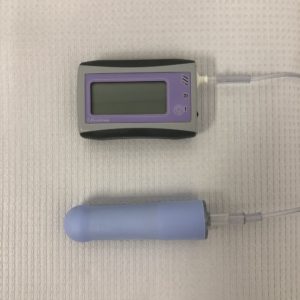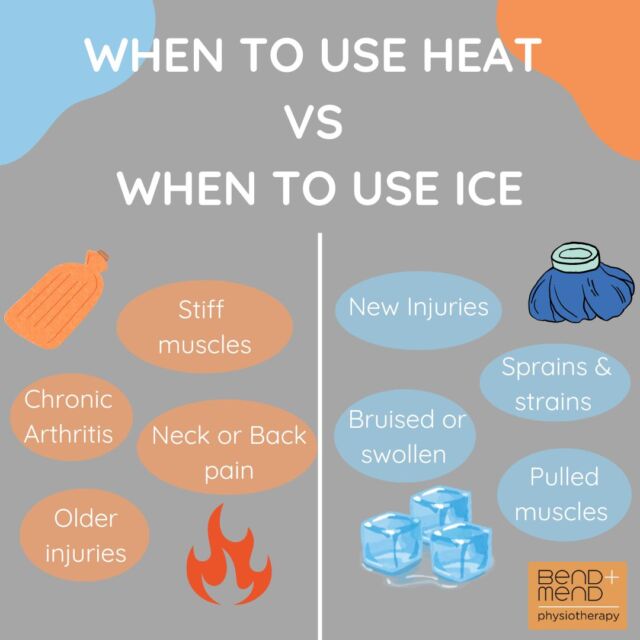Part 3: Machine Based Assessments: Perineometry
Pelvic floor muscle (PFM) strength is important for various reasons, such as the prevention of urinary incontinence. Your PFM’s are made up of two layers, your superficial PFM’s and your deep PFM’s. A PFM contraction involves a combination of a squeezing action of your superficial muscles and a lifting action of your deep muscles. A PFM contraction has a contraction and a relaxation phase, to which both are equally as important. This contraction becomes a four step process:
- Superficial muscles squeeze/tighten
- Deep muscles lift
- Deep muscles lower
- Superficial muscles release
It is the coordination and strength of these muscles that ensure their effectiveness. There are a number of ways to objectively assess the function and integrity of your PFM’s. These include both machine and non-machine based assessments. Machine based assessments include perineometry, EMG and real-time ultrasound. Today’s blog will be discussing Perineometry.
 Perineometry refers to the evaluation of pressure of the perineal muscles (vaginal muscles). With the use of a Peritron, we are able to quantify a woman’s PFM function and able to set appropriate treatment goals to work towards. This can be very helpful in PFM rehab as women have reported to find it much easier and rewarding to actually see a change in not only their symptoms but also their strength numerically. I have found in the clinic that this has definitely helped to keep women motivated to keep doing their exercises.
Perineometry refers to the evaluation of pressure of the perineal muscles (vaginal muscles). With the use of a Peritron, we are able to quantify a woman’s PFM function and able to set appropriate treatment goals to work towards. This can be very helpful in PFM rehab as women have reported to find it much easier and rewarding to actually see a change in not only their symptoms but also their strength numerically. I have found in the clinic that this has definitely helped to keep women motivated to keep doing their exercises.
There are many useful pieces of information that using a Peritron can provide, such as:
– Determining the PFM’s resting pressure
This is particularly important for those woman performing more endurance-based activities such as running. Women performing more endurance-based exercise aren’t going to be able to keep their PFM on the entire time which means that it is more important for these women to have good PFM resting tone. Without appropriate PFM resting tone this could lead to other conditions like Prolapse.
– The PFM’s maximum ability to squeeze and lift
This is particularly important for those suffering with conditions like Stress Urinary Incontinence. If the PFM’s are weak and unable to generate force closure then the woman is likely to leak with various activities such as a cough, a sneeze, a jump, lifting their child off the floor, lifting a weight overhead and many more activities. These activities are different from endurance-based activities described above as they are for a very short duration and therefore strong PFM’s are really important here.
– How long a PFM contraction can be held at it’s maximum and how many repetitions can occur before fatigue to determine it’s endurance
This is also particularly important for those suffering with conditions like Stress Urinary Incontinence. If the PFM’s are weak and unable to generate force closure then the woman is likely to leak with various activities. However, different to above these activities are more like repeated coughing, repeated sneezing, skipping for 10 seconds, sprinting 50m, lifting continuous overhead weights etc.
Here at Bend + Mend, we use non-machine based assessments (previous blog) and machine based assessments to ensure the optimal assessment of your PFM function. If you are uncertain about how good your PFM function is then come and see Bonnie, our Women’s Health Physiotherapist at Bend + Mend Physiotherapy in Sydney’s CBD.







